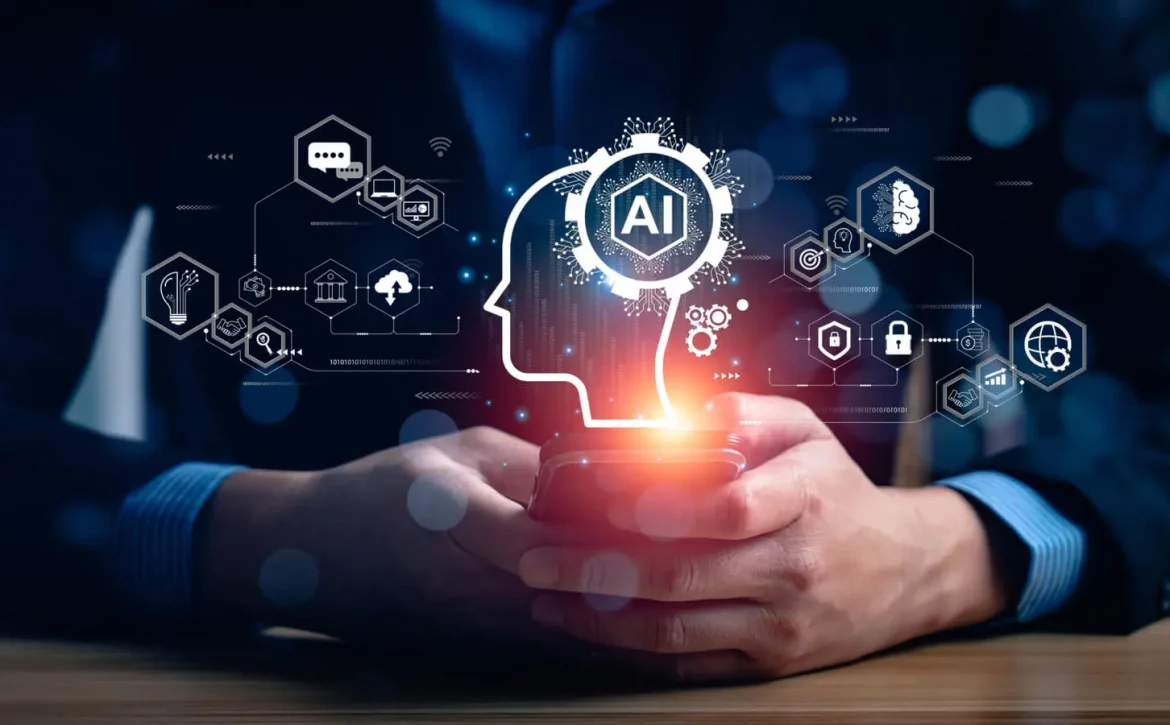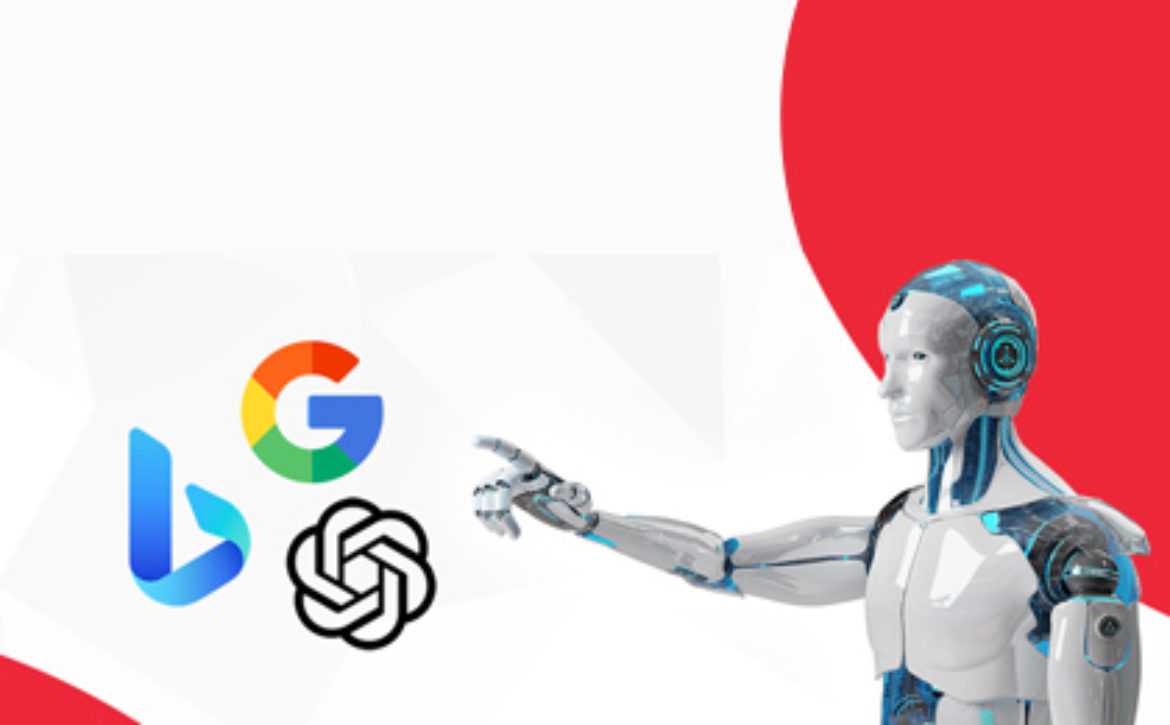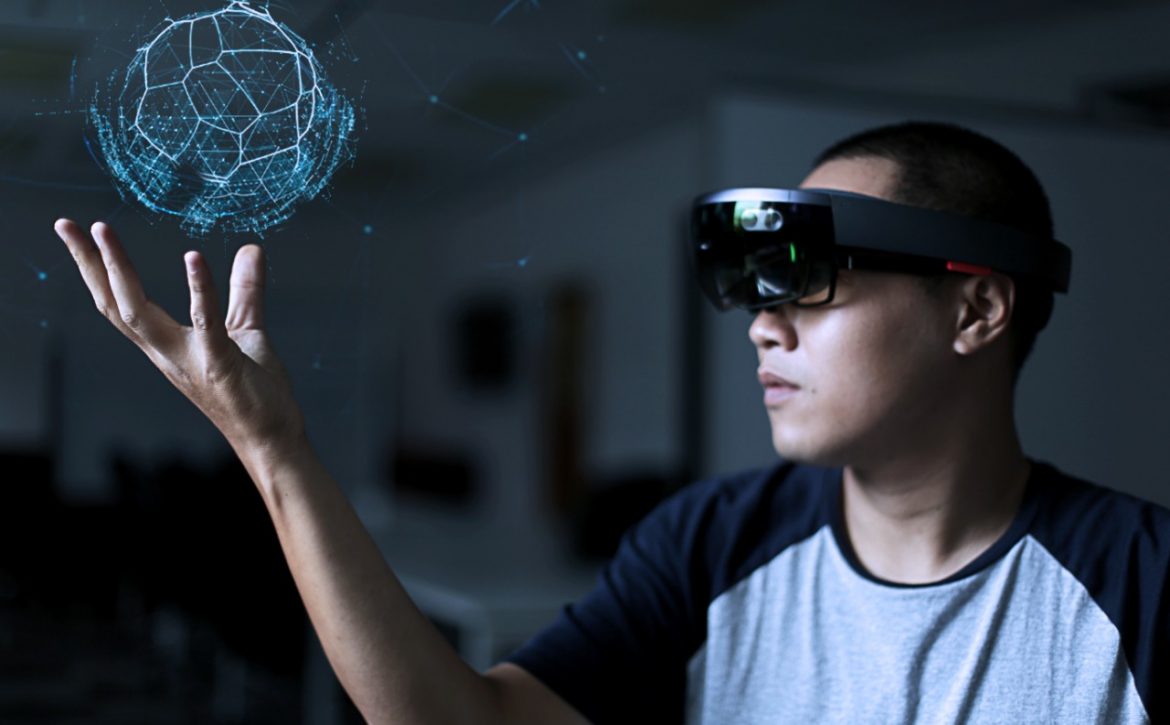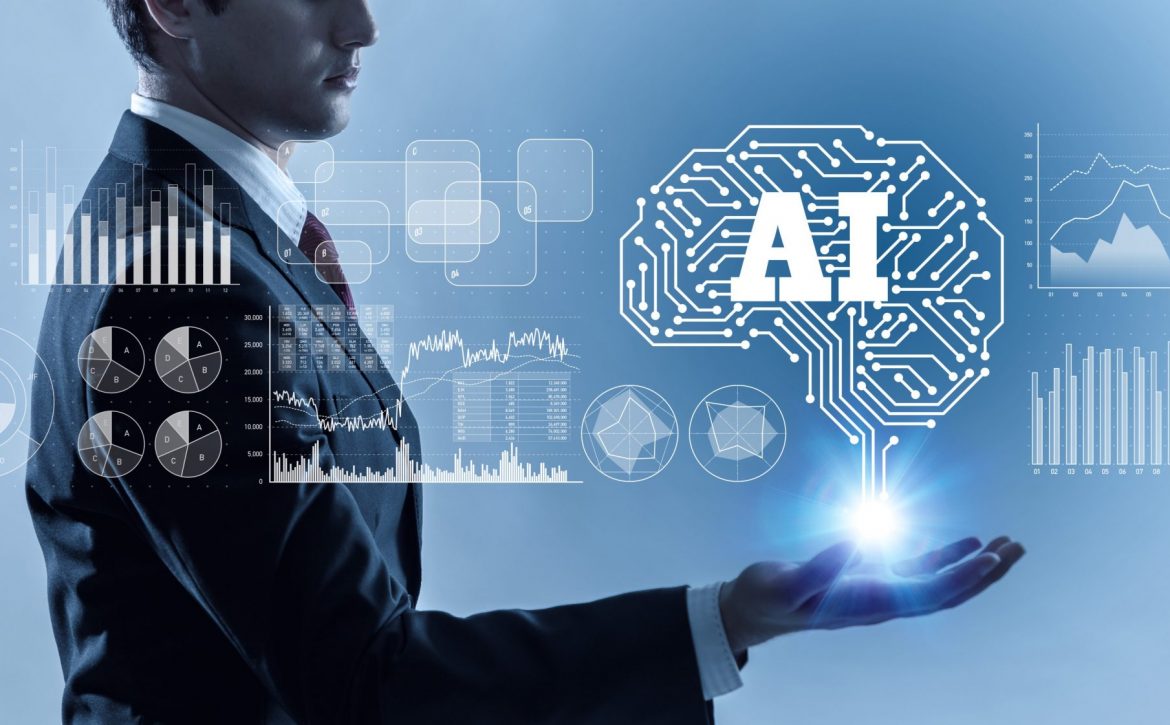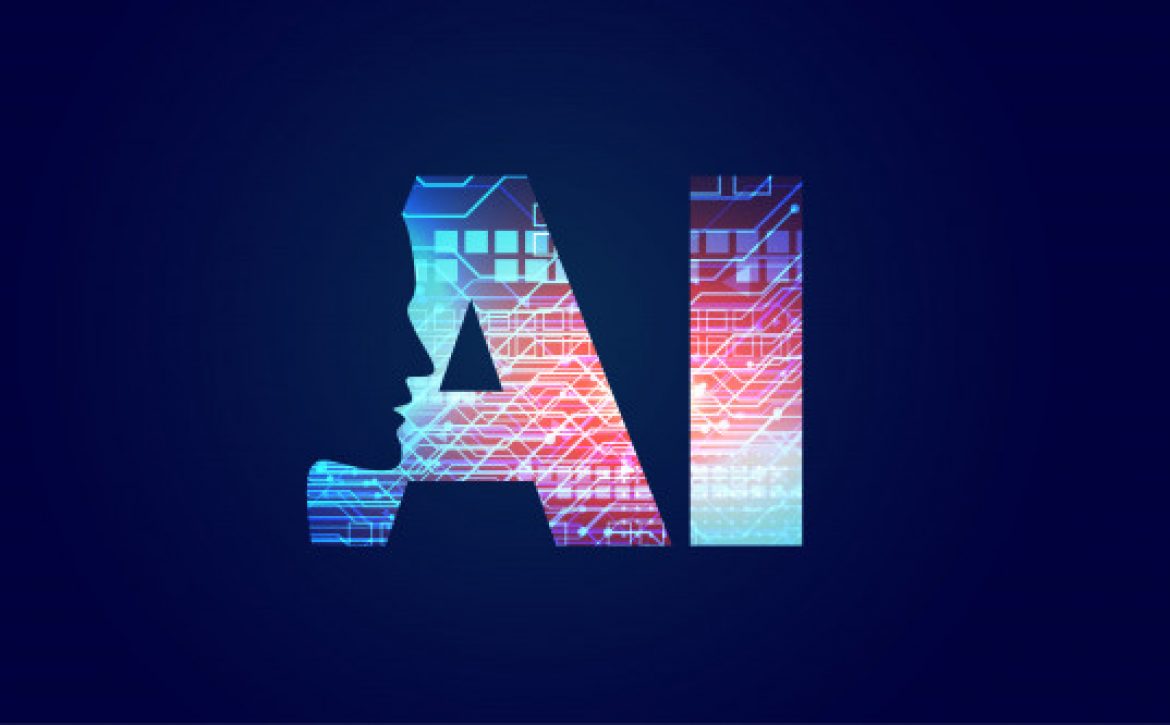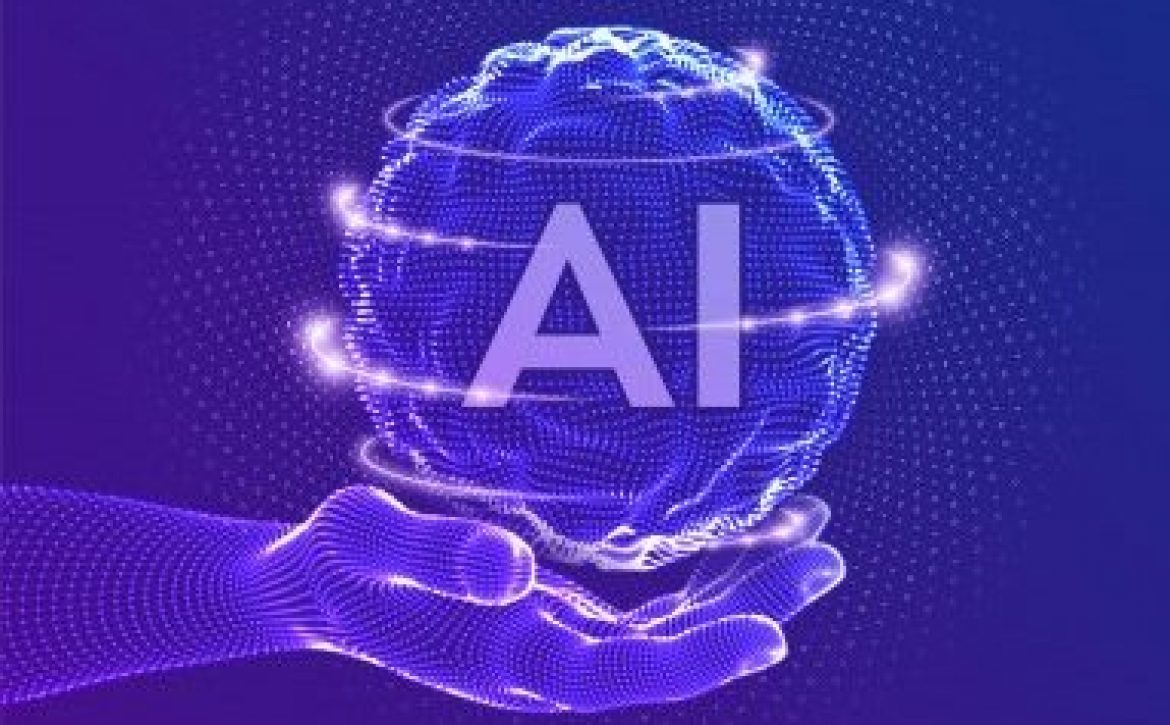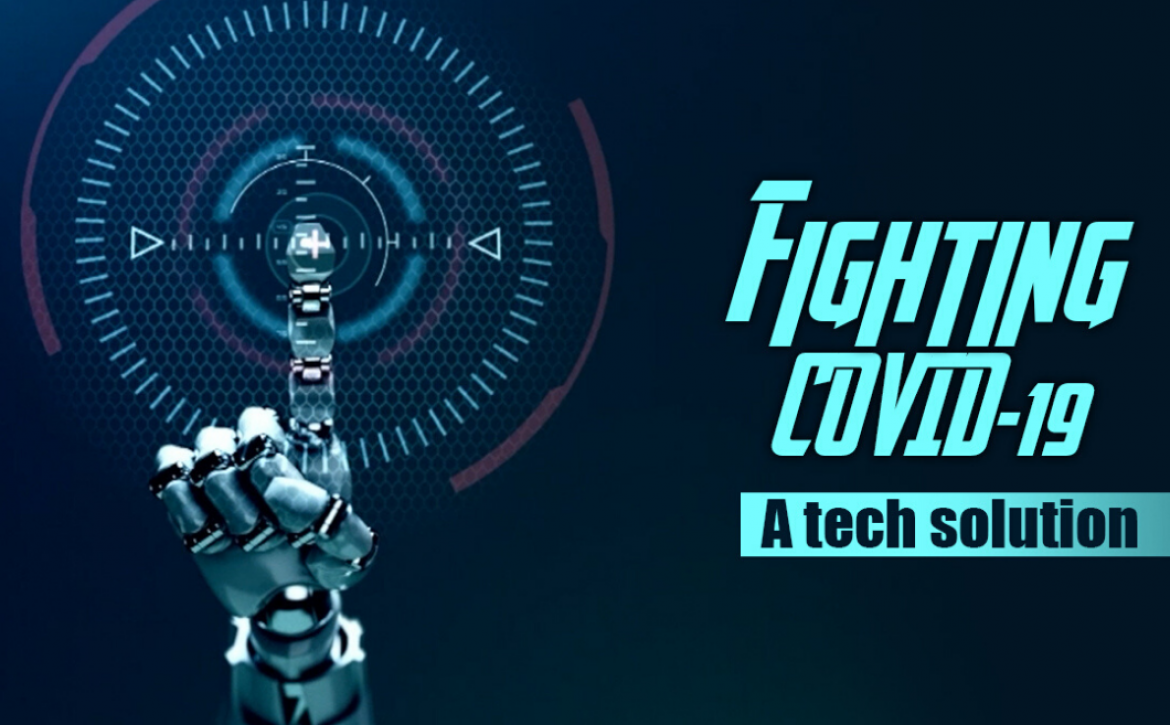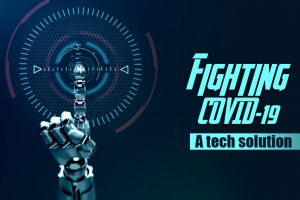The Future of Software Development: The Rise of AI
As we enter the digital era, advances in artificial intelligence (AI) are driving the rapid evolution of software development. Several industries, including software development, are being transformed by AI. In this blog, we’ll look at how AI is transforming the future of the software development industry as well as its substantial effects on the field.
Understanding AI in Software Development
Artificial intelligence (AI) is a discipline of computer science dedicated to creating machines with intellect comparable to that of humans. AI significantly contributes to software development by automating tasks, improving decision-making and increasing productivity. Processes can be automated with AI, which will save time and physical labor. Code quality and bug identification are increased due to AI algorithms’ analysis of data, pattern recognition and anomaly detection. Additionally, AI’s predictive analytics supports data-driven decision-making by anticipating probable problems and user behavior. Personalized user experiences, effective testing and continuous deployment are made possible by integrating AI into software development, which will ultimately revolutionize the future of the industry. Let us now look at the various benefits that AI has to offer.
1) AI Powered Automation
- Automation is where AI has had the greatest noticeable impact on software development.
- Developers typically spend a lot of time manually testing and writing code, which is prone to errors. However, automation tools powered by AI are revolutionizing this process.
- They are able to produce code, carry out in-depth testing, and even deploy applications on their own. AI significantly saves development time while increasing overall productivity by taking over these monotonous chores.
- Developers can now concentrate on the project’s more complicated components thanks to this increased efficiency, which speeds both innovation and delivery. As a result, the automation of AI in software development is a game-changer, driving the sector toward a more productive and efficient future.
2) Enhanced Code Quality and Bug Detection
- AI is useful for identifying defects and vulnerabilities in software codes due to its remarkable pattern recognition capabilities.
- AI is able to find patterns that may be indicative of possible problems that manual reviews could miss by examining enormous amounts of code data.
- Developers can drastically raise the quality of their software by using AI-powered code review tools.
- They are capable of detecting minute mistakes and potential security gaps that can result in system breakdowns or cyberattacks.
- Including AI into code review procedures guarantees the development of more dependable and secure apps, giving users a solid and dependable software experience.
3) Natural Language Processing and Code Generation
- By enabling human-like verbal communication, AI-driven natural language processing (NLP) has completely changed how programmers engage with computers.
- An important result of this innovation is AI-assisted code generation, which enables developers to describe desired functionality in plain English and have the AI transform it into code automatically.
- With the help of this invention, non-experts can now participate in software development and write code without having extensive technical knowledge.
- Additionally, AI-generated code speeds up the coding process and lowers the need for manual coding, which cuts down on development time.
- This technology fills the gap between non-technical stakeholders and developers, democratizing software development and promoting a more productive and collaborative coding environment.
4) Intelligent Testing
- Software testing is essential for assuring the dependability of applications.
- By automating numerous testing methods, AI-powered testing solutions transform this process.
- They can emulate user interactions in the real world and spot possible problems in a variety of settings.
- Since AI can evaluate huge datasets, it can find edge cases—rare situations that can be hard to find manually. A greater range of scenarios may be covered during testing thanks to this automation, which lowers the possibility of defects or vulnerabilities going unnoticed.
- AI-powered testing produces better software with increased stability and performance, giving consumers a dependable and seamless experience.
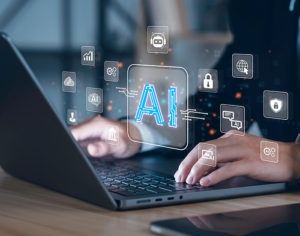
5) AI in DevOps
- To improve software development and deployment, DevOps encourages collaboration between development and operations teams. By automating tasks, processes are made more efficient by incorporating AI into DevOps.
- AI can undertake monotonous jobs, freeing up engineers to work on more valuable projects.
- AI also enables continuous integration and continuous deployment (CI/CD), which automates the testing, integration, and deployment of code changes. Shorter development cycles, quicker delivery and increased agility are the outcomes of this.
- DevOps teams may more quickly adapt to market requests and decrease the time it takes for software products to be released with the help of AI.
- Organizations are empowered to offer high-quality software with quick updates thanks to the seamless integration of AI and DevOps, giving them a competitive edge in the rapidly evolving technological world.
6) Personalization and User Experience
- By examining user behavior and preferences, AI is transforming user experiences. Software programs may tailor information, recommend useful features and foresee user needs thanks to AI algorithms.
- AI can personalize the user interface, content recommendations and feature suggestions to meet particular tastes by learning unique user preferences, which results in a more engaging and rewarding experience.
- As a result of feeling more connected to the product, users are more likely to stick around and be more satisfied. The personalized user experience will get even more polished as AI develops and accumulates more data, encouraging user loyalty and establishing new benchmarks for software programs to satisfy user expectations.
7) AI for Software Maintenance and Updates
- To guarantee application security and include the newest features, software maintenance and upgrades are essential.
- The powers of AI are crucial to this process. AI can forecast prospective maintenance problems by examining historical data and patterns, enabling developers to take preventative action.
- AI’s aptitude for data analysis also aids in identifying security flaws, assuring strong defense against prospective threats.
- AI can also automate software updates, speeding the procedure and guaranteeing that the programs remain current with the most recent developments.
- By incorporating AI into software maintenance, customers will receive a seamless and dependable experience that ensures software efficiency, security, and continual improvement throughout its lifecycle.
8) AI and Internet of things ( ioT) Integration
- Exciting potential for software development exists as a result of the fusion of AI and IoT. Real-time data from IoT devices can be processed and analyzed quickly by AI algorithms.
- Applications in a variety of fields, including home automation, healthcare, and transportation, can be developed that are more intelligent and responsive to this synergy.
- AI-powered systems can learn user preferences in home automation and change settings accordingly.
- Innovative software solutions are being developed in numerous industries thanks to the seamless integration of AI with IoT, which promotes creativity, efficiency, and improved user experiences.
The growth of AI is revolutionizing the field of software development, with previously unheard levels of automation, effectiveness, and intelligence. AI is improving every step of the development process, from code creation to testing and user experience. However, while AI presents great potential, it also raises ethical questions about things like job displacement and biased algorithms. For a future in which AI-powered software development benefits all of humankind, it is essential to strike a balance between embracing AI’s potential and resolving these issues. Developers and industry leaders must work together to shape AI’s role in software development as we move forward and realize its potential to create a better digital world.


